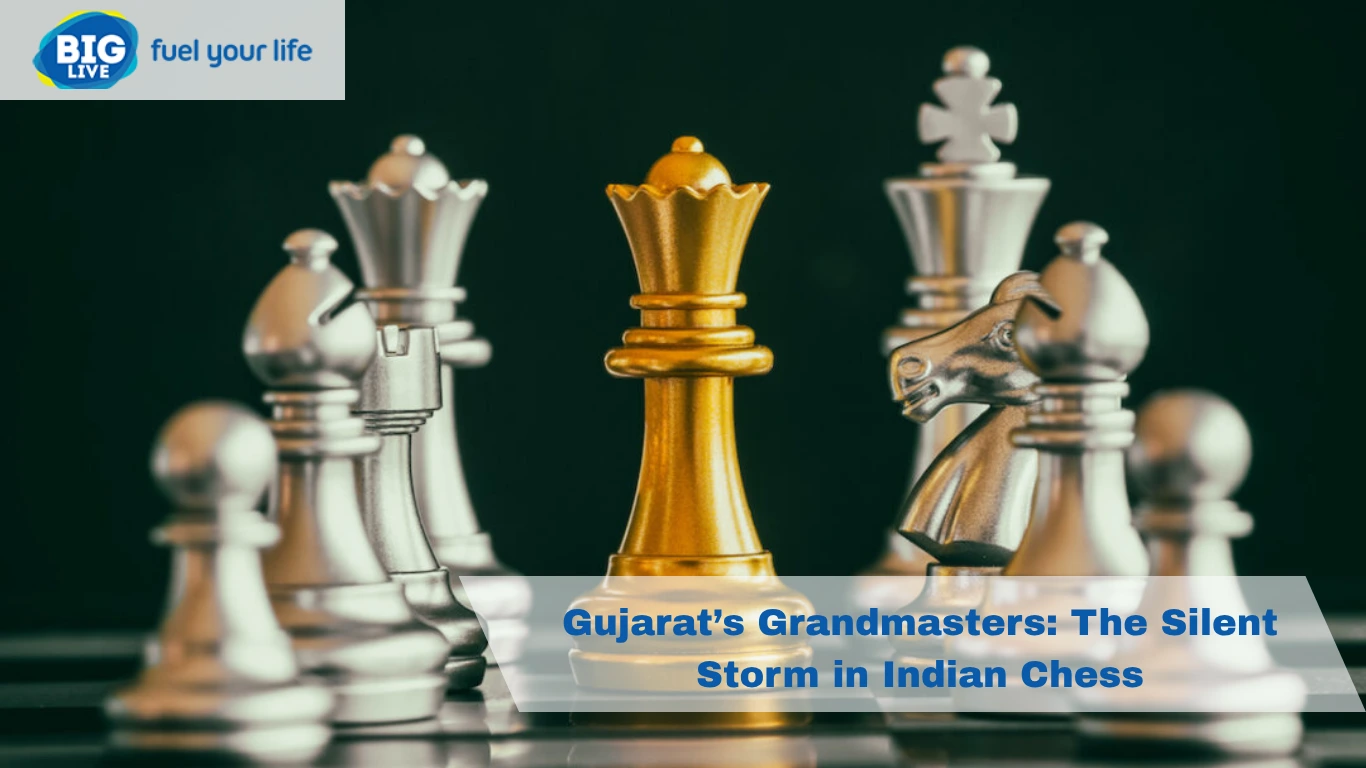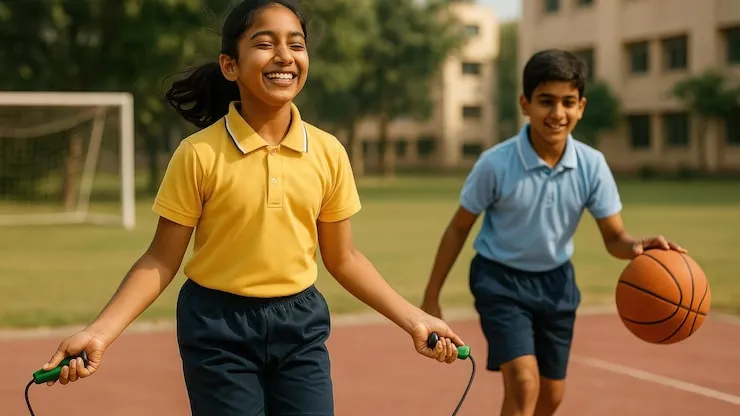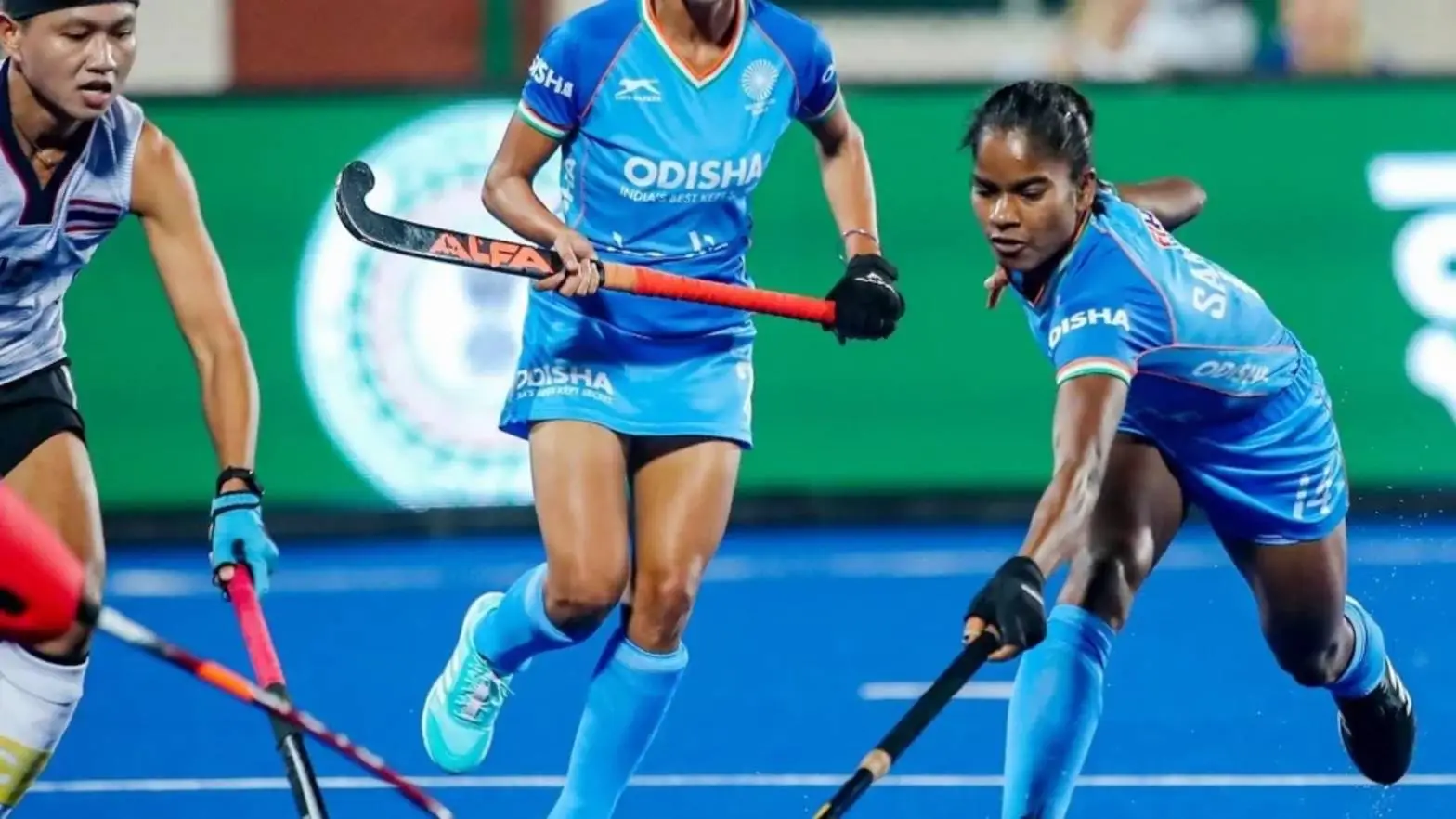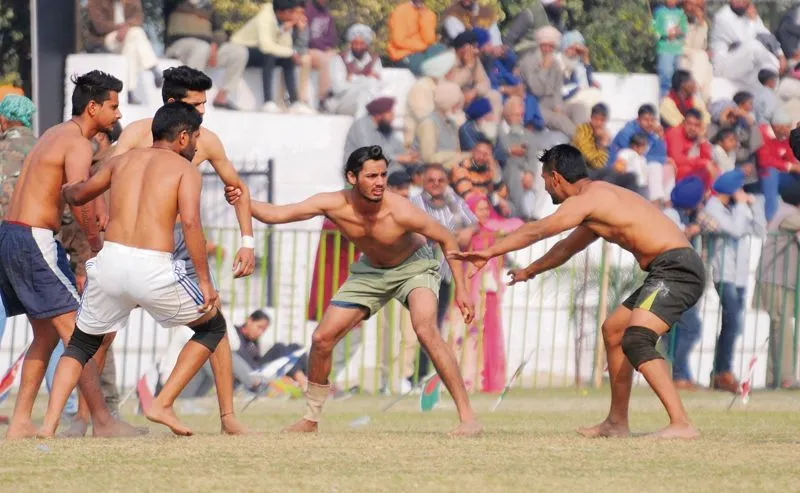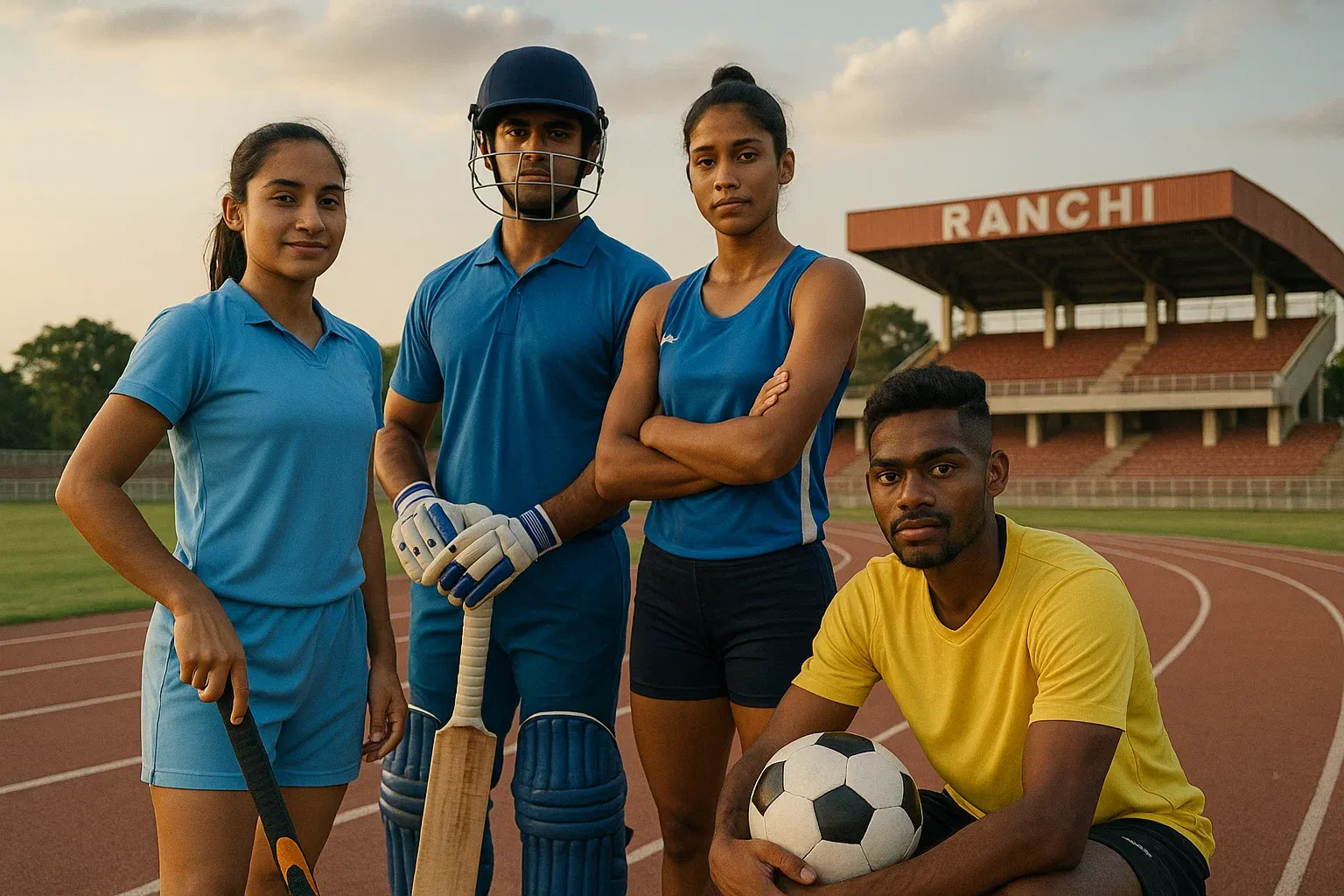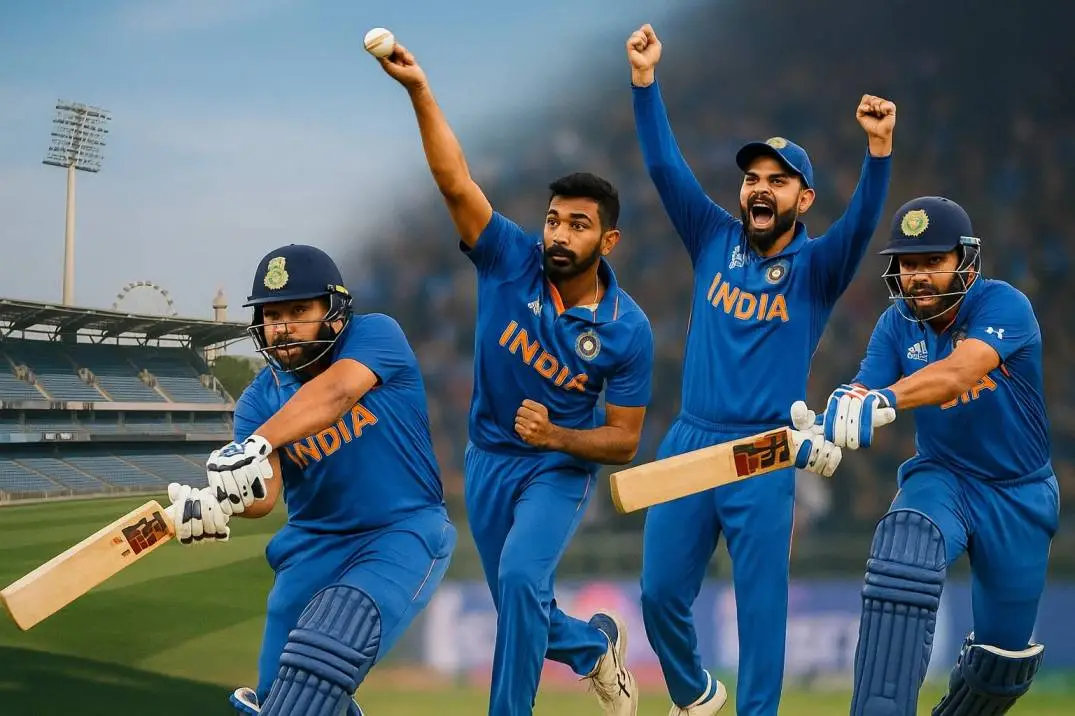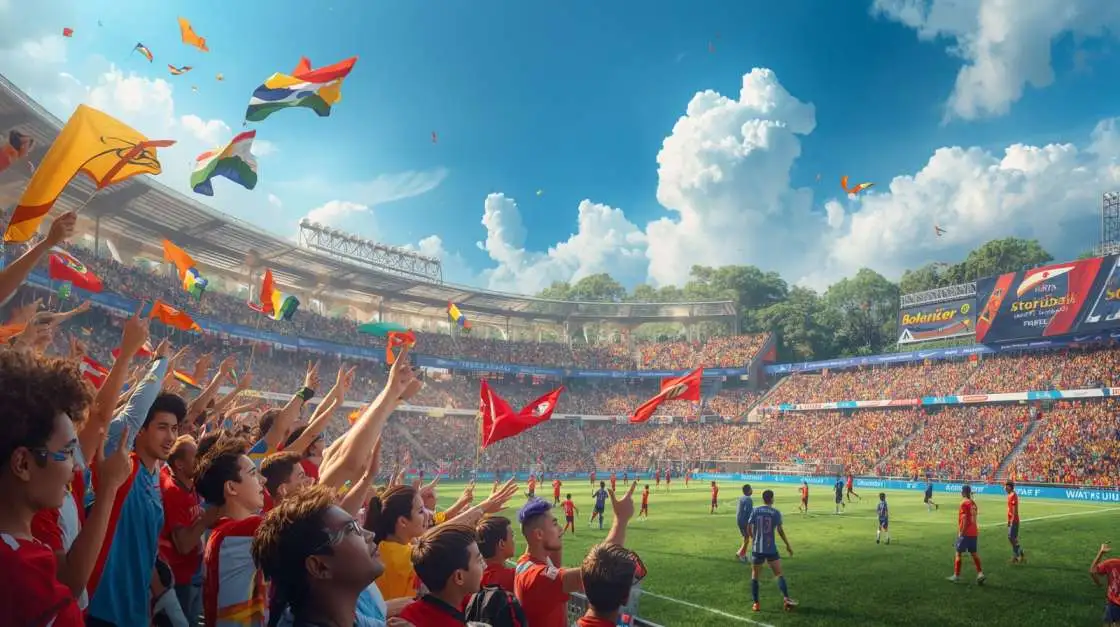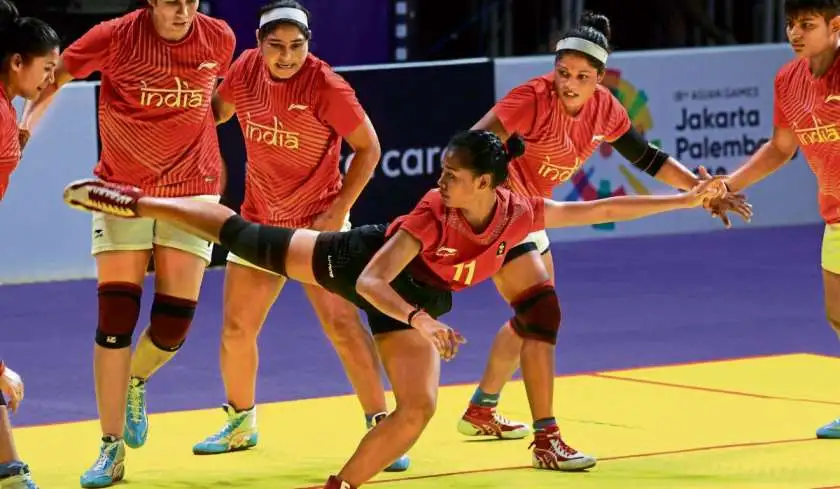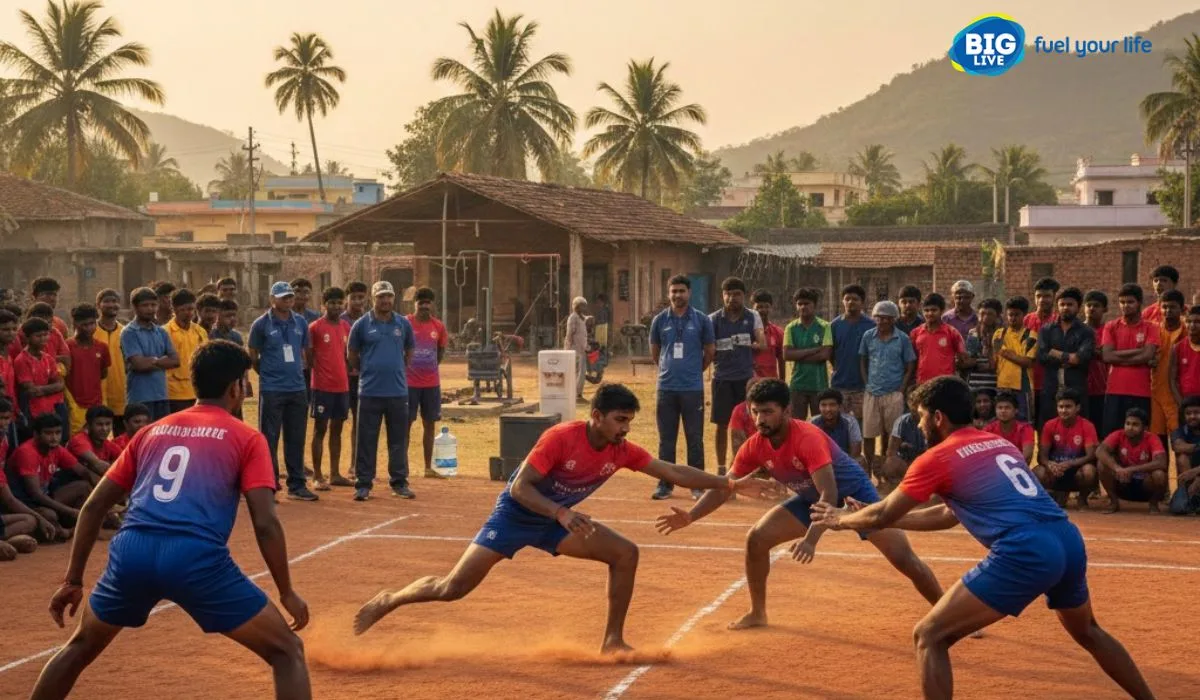Chess in India is booming. From the world-class moves of Viswanathan Anand to the meteoric rise of teen prodigies, the sport is no longer confined to quiet corners or dusty school competitions. And while much of the spotlight shines on Tamil Nadu, West Bengal, and Maharashtra, there’s a quiet revolution brewing further west — in Gujarat.
A state better known for its industrial strength and political legacy is slowly, steadily producing warriors of the 64 squares. And they're not loud. They're precise. Focused. Strategic. Like the game they’ve mastered.
The Calm Before the Move
Let’s be honest. Gujarat wasn’t always on the chess map. Back in the early 2000s, most parents pushed for engineering or commerce, maybe cricket if someone was truly ‘different.’ Chess? That was for hobby hours at summer camps. But even then, seeds were being planted.
Ahmedabad, Vadodara, Surat — cities known for trade and textiles — were also quietly growing chess clubs. In backrooms of community halls, young kids sat in plastic chairs, eyes locked on wooden boards, timers clicking. No TV coverage. No sponsors. Just the love of the game and a dream of becoming something more. And it worked. Slowly, Gujarat began shaping a reputation.
Read More: SimranJeet Kaur: The Silent Warrior of Indian Boxing
Not Just Players — Grandmasters in the Making
One of the first serious torchbearers for Gujarat was Ankit Rajpara. Born in 1994 in Morbi, Ankit became India’s 37th Grandmaster. That might sound modest now (we have over 80), but back then? It was big. Huge, even. Ankit’s journey from small-town Gujarat to the big leagues showed young players it could be done.
Then came Ketan Kothari, a quiet storm from Vadodara. He wasn’t flashy, but his positional play earned him respect in national circuits. His games were studied in local clubs. And perhaps the most important part? He came back and taught. Because in Gujarat, chess isn’t just a personal pursuit. It’s a community movement.
The Ahmedabad Acceleration
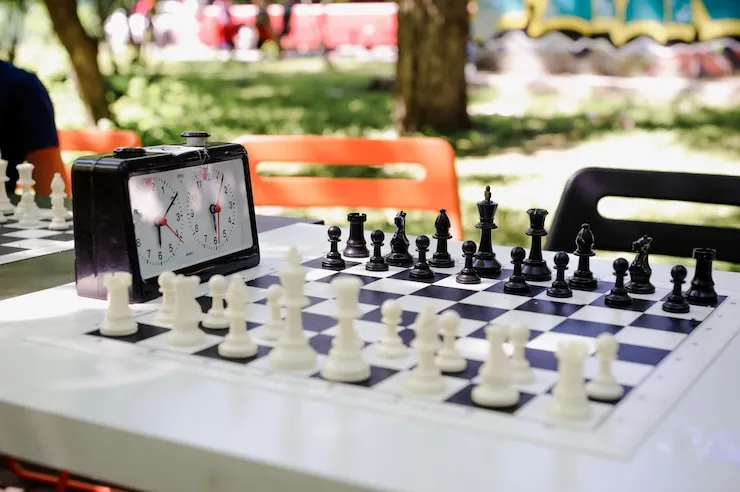
In recent years, Ahmedabad has turned into Gujarat’s chess engine. With tournaments popping up almost every weekend and clubs like GCA (Gujarat Chess Association) investing in under-15 programs, it’s become a breeding ground for brilliance. The city's schools are beginning to integrate chess into their curriculum, and not as a side activity — it’s competitive, taken seriously.
One such rising star is Dev Shah, a young genius known for his unpredictable mid-game sacrifices. He once beat a higher-ranked Russian player in under 30 moves. Coaches now refer to that game in lessons on “calculated risk.” Dev’s coach says, “He plays like he’s dancing — but every step lands with purpose.”
Another name — Nishtha Jain, just 16, and already a WIM (Woman International Master). Trained under harsh conditions, she studied Grandmaster games by candlelight during power cuts. She’s beaten older, more experienced players with a style that's part aggression, part calm reading. And she’s not done yet.
Read Also: How Mumbai Is Shaping the Future of Indian Football
Chess Is Changing Here
Something else is shifting in Gujarat. Earlier, chess players had to choose between education and the game. Now? Schools offer flexibility. Tournaments offer prize money. And society — slowly but surely — is offering respect.
Parents no longer say, “Chess? What will you do with that?” Now, they ask, “Where’s the next tournament? Should we get you a new clock?”\n\nAt local malls, weekend chess pop-ups attract crowds. At weddings, uncles discuss the latest FIDE rankings. At tea shops in Surat, kids analyze Magnus Carlsen’s latest blunder like it’s a cricket score. It’s becoming part of the culture. Quietly. Strongly.
Pandemic Didn’t Pause the Moves
During COVID-19, when stadiums were shut and sports paused, Gujarat’s chess scene exploded online. Tournaments moved to platforms like Chess.com and Lichess. Youngsters competed internationally from their bedrooms.
Coaches adapted. Zoom sessions replaced whiteboards. Students didn’t just maintain—they improved. Some say Gujarat’s sharpest growth in chess strength came between 2020–2022. Because while the world hit pause, Gujarat hit “play” — digitally.
Kids from modest backgrounds got smartphones and used them to stream games, practice tactics, analyze losses. The digital divide still exists, but Gujarat's chess families found workarounds.
Women on the Board
What’s heartening is the rise of female chess players in Gujarat. It’s no longer just boys in coaching centers. Girls like Radhika Jariwala from Valsad and Sanya Vasavda from Gandhinagar are winning U-17 events consistently. They’re also coaching others.
One 18-year-old in Ahmedabad trains 12 kids on weekends. She says, “They don’t see me as a girl or a coach. They just see moves.” That’s the power of this movement. It doesn’t ask questions. It just checks and mates.
What Still Needs Work
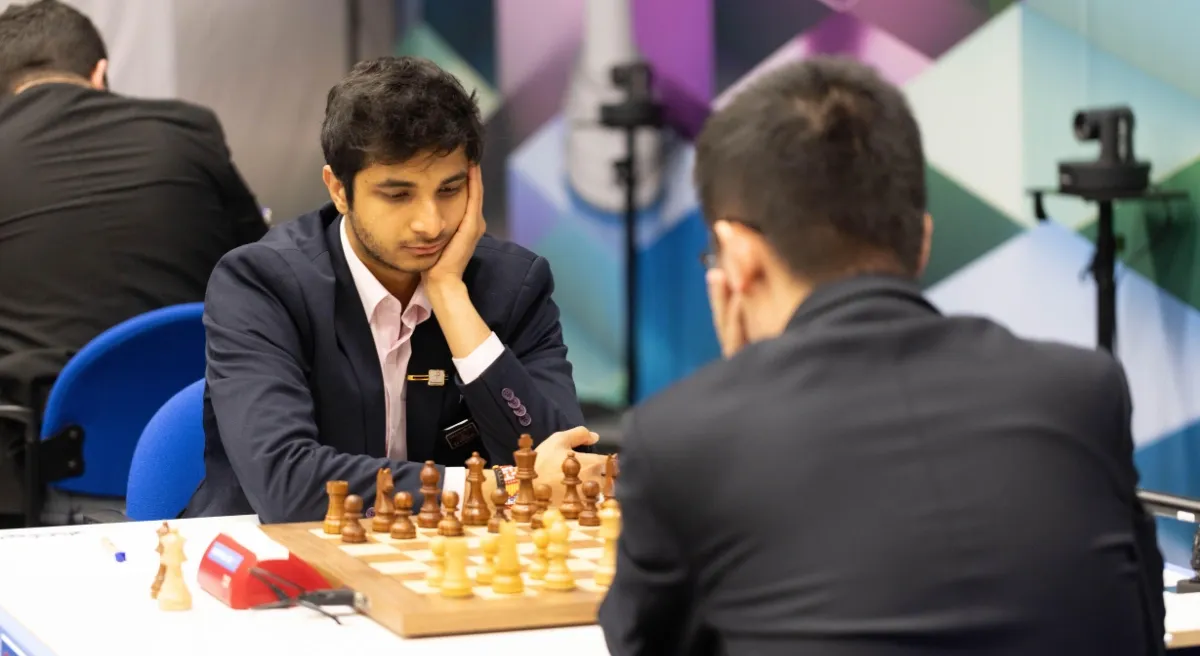
Of course, the journey’s not all smooth. Gujarat still lacks a major, dedicated international-level chess academy. Coaches often juggle 30–40 students. There’s little government support compared to cricket or kabaddi.
Prize money in local events is small. Parents sometimes foot travel and lodging costs. And while there’s media buzz during major events, it fizzles out fast.
But perhaps that’s also why Gujarat’s chess players are different. They don’t expect applause. They play for the position. For the elegance of a good move. For silence, calculation, and discipline.
The Next Moves
So what comes next? Simple. More visibility. Bigger platforms. Corporate sponsorships. Inter-school leagues. Perhaps a full-time chess facility in each district.
But more importantly, celebration. Gujarat’s chess talent deserves to be known. Not just by FIDE followers or serious players, but by the general public. Kids should look at the board and say, “I want to play like Dev Shah. In many ways, Gujarat’s chess story mirrors the game itself.
Quiet openings. Careful middle play. And now? A build-up toward an aggressive endgame — one that could put them at the heart of India’s chess future.
Endgame: The Silent Storm
Gujarat’s grandmasters may not always hog headlines. They might not be trending on X or headlining sports news. But they’re winning. Not just games, but respect. Not just trophies, but trust. And that’s the thing about chess. It’s never loud. But it always leaves an impact. So the next time someone says, “Where’s the chess scene in Gujarat?” — smile. Because the silent storm is already here. And it’s making all the right moves.



